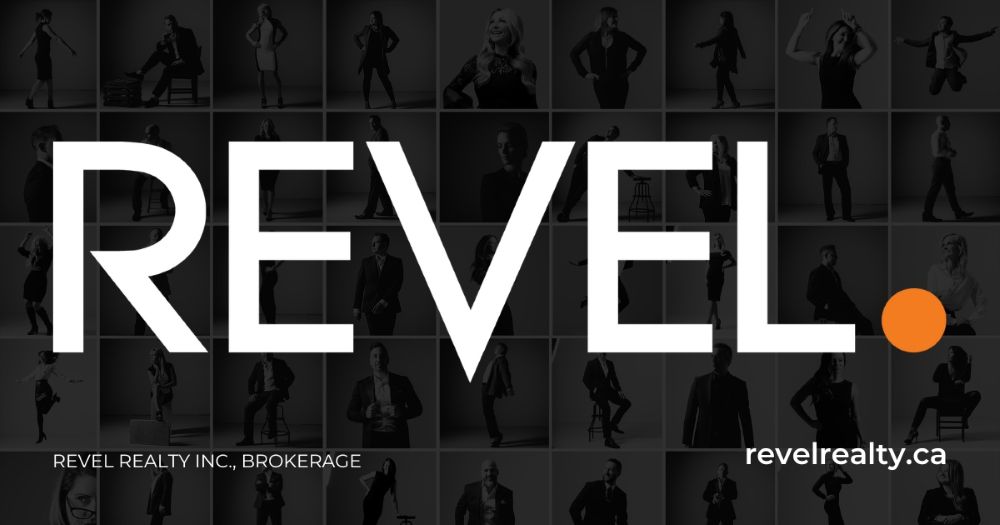In this continuing series on the subject of ethically closing a client, I address two more techniques that I employed during my long career, with usually great success.
The first and fairly self-explanatory method is the “assumptive close”. Many people find it difficult to contain their excitement, especially if they trust you (and you deserve that trust). You’re quite confident you’ve found their postcard-perfect home and the excitement in the air is palpable. Now, head back to the office without mentioning an offer and on arrival, start filling in the blanks of the draft you proactively prepared earlier that day. If they don’t grab the kids and run, your mission is accomplished.
After an extensive consultation with a seller prospect, you’re convinced they’re ready to ditch their old digs. Don’t ask if they want to proceed. Instead, casually remove the previously prepared listing forms from your briefcase and simultaneously ask for their final property tax bill, proof of ownership, survey documents and personal identification, and smoothly begin filling in the blanks. Once they get up to retrieve the requested documents, your close was successful.
It may seem presumptive but, well, that’s the whole idea. If they’re not ready to decide, they’ll not comply. Just continue with your presentation until another closing opportunity presents itself. Don’t be anxious. Remain unruffled and sensitive to their emotions. If they’re not ready and you’re too aggressive, it may backfire on you. Pay close attention. You’re actually helping with their decision – one way or the other – without specifically asking for the offer or the listing. This close can also be used in conjunction with a trial close by asking the small question first.
Take away:
This second technique proved highly effective, particularly with buyers. If you feel in your heart they’re ready, that the home is perfect for them, financially, physically and emotionally, but they’re hesitating from fear, try taking it away from them by saying, “Maybe this isn’t the right home for you. Perhaps we should continue searching for something more suitable.”
If they’re unsure, you’ll have lost nothing and they obviously won’t feel pressured into acting against their will. Move on until the next closing occasion arrives. However, if the primary home-buying decision-maker loves it, as your secret ally, they’ll overtly or covertly do their best to convince the more obdurate half to go along.
During an offer negotiation, your buyer dithers when asked to seriously consider what you’ve identified as the seller’s final counter-offer, which you believe to be fair and reasonable. After a brief pause, tell them that since they seem reluctant to accept it, maybe they should reject it, that perhaps it isn’t the right home. Or if it’s your seller, suggest that maybe these buyers aren’t right for their property. Usually, the decisive spouse will kick the prevaricating partner under the table and agree to accept the offer.
I invite you to read next column where I offer details of more ethical closing techniques.
Ross Wilson is a retired real estate broker with extensive experience as a brokerage owner, manager, trainer and mentor over a highly successful 44-year career. His book, The Happy Agent – Finding Harmony with a Thriving Realty Career and an Enriched Personal Life is available where print and e-books are sold, including the TREB, MREB, RAHB and OMDREB stores. Visit Realty-Voice.com.















